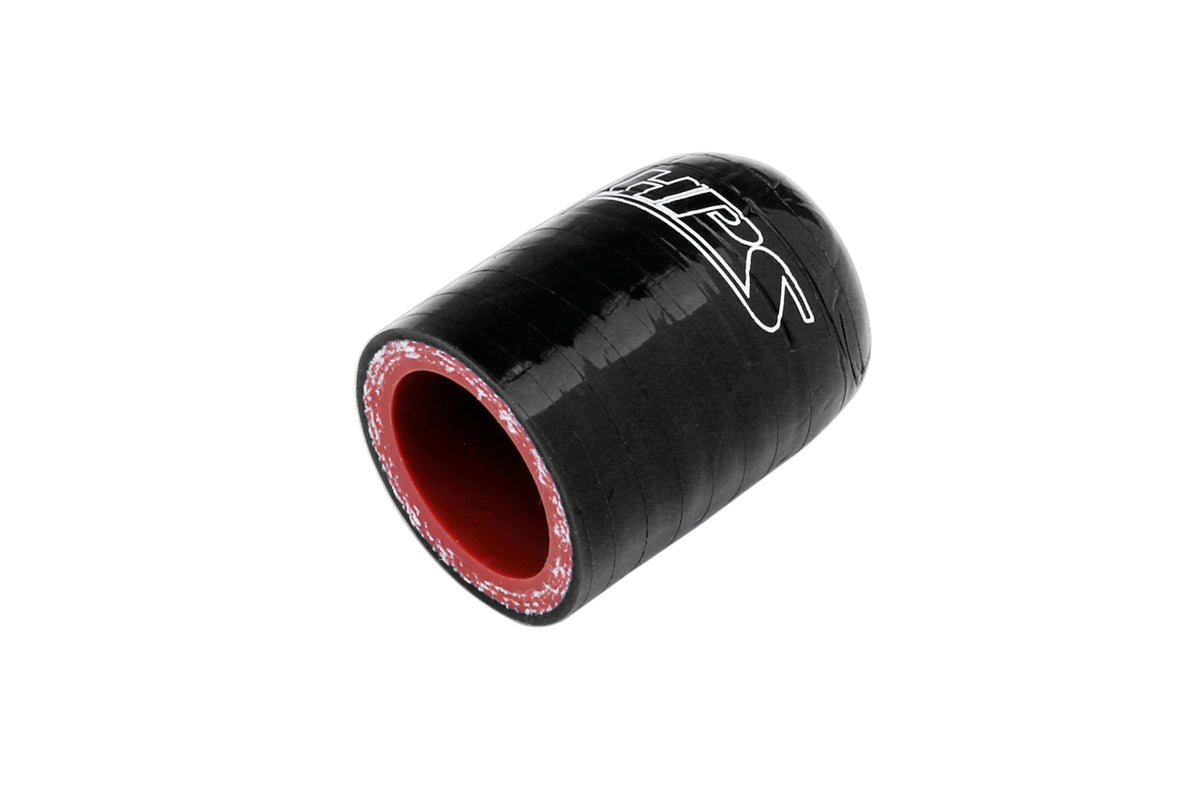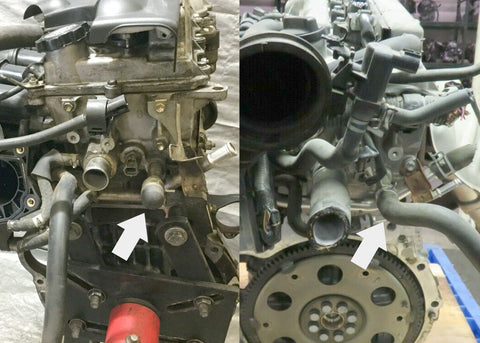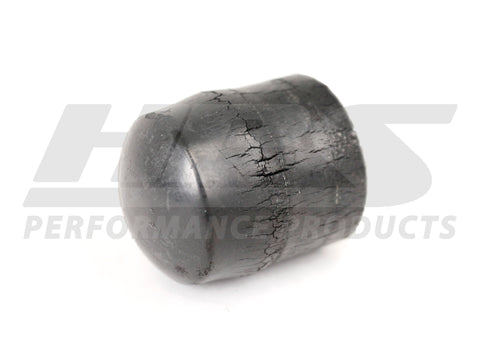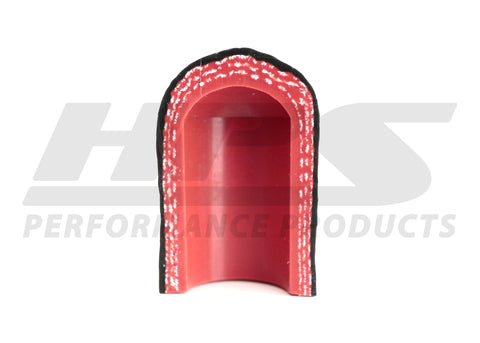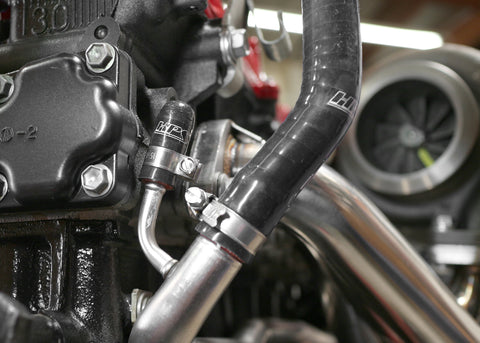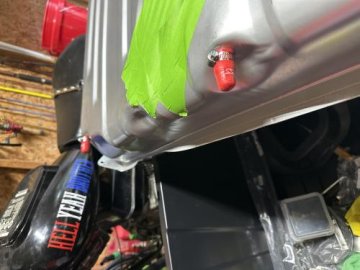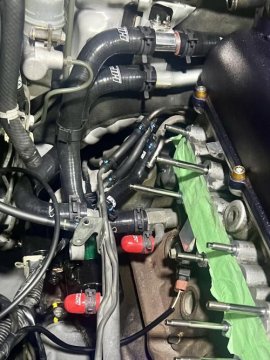Menu
-
- Home
-
Silicone Hoses
- Silicone Coupler
- Silicone Tube
- Silicone Reducer
- Silicone Oval to Round Coupler
- Silicone Hump Coupler
- Silicone Charge Air Cooler CAC Hose
- Silicone Elbow
- Silicone Vacuum Hose
- Silicone Heater Hose
- Medical Grade Silicone Tubing
- Silicone FKM Lined Oil Resistant Hoses
- Silicone Coolant Caps
- Silicone T Adapter Coupler
-
Silicone Hoses by Sizes
- 1/4" to 1"
- 1" to 2"
-
2" to 3"
- 2" (51mm) HPS Silicone Hoses
- 2-1/8" (54mm) HPS Silicone Hoses
- 2-1/4" (57mm) HPS Silicone Hoses
- 2-3/8" (60mm) HPS Silicone Hoses
- 2-1/2" (63mm) HPS Silicone Hoses
- 2-9/16" (65mm) HPS Silicone Hoses
- 2-5/8" (67mm) HPS Silicone Hoses
- 2-11/16" (68mm) HPS Silicone Hoses
- 2-3/4" (70mm) HPS Silicone Hoses
- 2-7/8" (73mm) HPS Silicone Hoses
- 3" (76mm) HPS Silicone Hoses
-
3" to 4"
- 3" (76mm) HPS Silicone Hoses
- 3-1/8" (80mm) HPS Silicone Hoses
- 3-1/4" (83mm) HPS Silicone Hoses
- 3-3/8" (86mm) HPS Silicone Hoses
- 3-1/2" (89mm) HPS Silicone Hoses
- 3-5/8" (92mm) HPS Silicone Hoses
- 3-11/16" (93mm) HPS Silicone Hoses
- 3-3/4" (95mm) HPS Silicone Hoses
- 3-7/8" (98mm) HPS Silicone Hoses
- 4" (102mm) HPS Silicone Hoses
- 4" to 6"
- 6-1/2" to 10"
- Silicone Hose Kits
-
Hose Clamps
- AN Fittings
-
Aluminum Tubing
- Aluminum Straight Tubing
- Aluminum Joiner and Reducer
-
Aluminum Elbow
- 45 Degree Bend Aluminum Elbow
- 90 Degree Bend Aluminum Elbow
- 180 Degree U Bend Aluminum Elbow
- 15 Degree Bend Aluminum Elbow
- 20 Degree Bend Aluminum Elbow
- 35 Degree Bend Aluminum Elbow
- 60 Degree Bend Aluminum Elbow
- 70 Degree Bend Aluminum Elbow
- 80 Degree Bend Aluminum Elbow
- 100 Degree Bend Aluminum Elbow
- 110 Degree Bend Aluminum Elbow
- 120 Degree Bend Aluminum Elbow
- 135 Degree Bend Aluminum Elbow
-
Air Induction
- Strut Bar
-
Accessories
- Merchandise
-
New
-
- Contact HPS
- Business Account
- Authorized Dealers
- News
- R&D
- How To / DIY
- About HPS
- 626-747-9200
- Login
-
New Zealand (NZD $)

0
Your Cart is Empty
